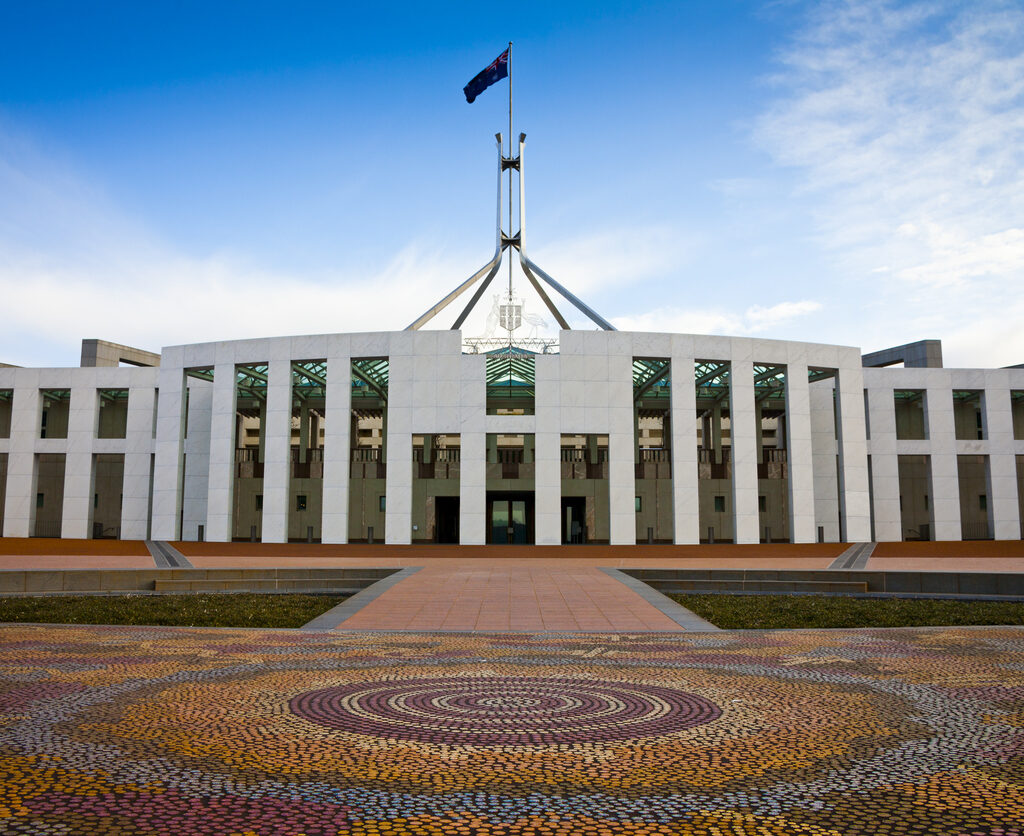After a marathon debate, the House of Representatives on Wednesday morning passed the bill for the referendum for an Indigenous Voice to Parliament to be inserted into the Constitution.
The bill now goes to the Senate where it is assured of passage in June.
The final vote was 121 in favour and 25 against.
Most of the Liberals voted for the bill. The Liberals had indicated that although they oppose the Voice, they would not impede the people having a vote on the issue.
The Nationals were solidly against. Ten Liberals were authorised to vote against the bill, so they could participate in preparing the no case which will go into the yes/no pamphlet to be sent to all voters. The crossbencher all voted for the bill except Bob Katter, who did not vote.
Over several days some 118 MPs spoke on the bill in the house.
The government has not yet announced a date for the referendum, which will be held in the last quarter of the year.
Liberal MP Julian Leeser, who quit as spokesman for Indigenous Australians in order to to support the yes case, unsuccessfully proposed amendments to remove the power of the Voice to advise executive government.
Leeser said his amendments were “about securing the support of the Australian people” for the referendum.
“Winning a referendum is hard, and I want the Voice to win – the alternative is too dreadful to contemplate,” Leeser said.
Summing up the debate on Tuesday night, Attorney-General Mark Dreyfus said: “Australians can have confidence in this constitutional amendment – and confidence that constitutional recognition through a Voice will work.
“The Voice as proposed in this bill would amplify the voices of all Aboriginal and Torres Strait Islander peoples.”
Dreyfus said after a successful referendum a public consultation process would be undertaken to settle the Voice’s design, “including how it will connect with communities and work alongside existing organisations.
“The Voice will represent the diversity of views and needs of Aboriginal and Torres Strait Islander communities to the national parliament and government.”
Michelle Grattan, Professorial Fellow, University of Canberra
This article is republished from The Conversation under a Creative Commons license. Read the original article.













